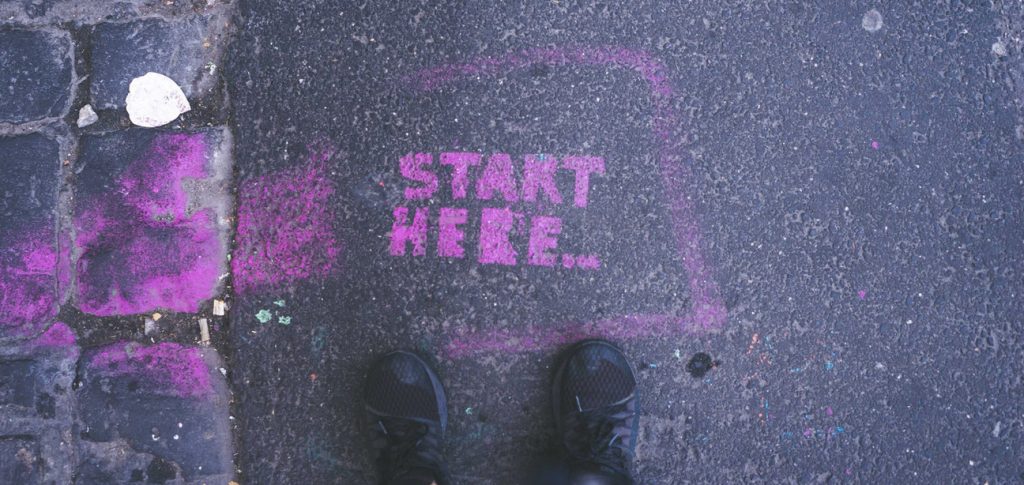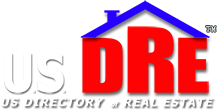
Let’s start here. How much money do you need as a down payment on a primary residence? Now this largely depends on the type of loan you get and the type of loan you get will affect how much you need on a down payment.
Where to start when buying real estate.
When it comes to getting a loan in real estate, you have two options: The first one is what’s called a conventional loan. The second is what’s called an FHA loan. A conventional loan is by far the most common out there. It makes up 72% of all home purchases according to a government census. A conventional loan is just a loan that’s not backed by the government; it’s issued by banks or private lenders. This means that with a conventional loan, you’ll typically need to come up with 10 to 15% as a down payment if you intend to live on the property as a primary residence, however, an FHA loan, is a government-sponsored loan.
FHA loans typically have lower credit qualifications, lower down payment qualifications, and it’s usually a little bit cheaper to close. With an FHA loan, you can typically put down as little as three and a half percent. For example, on a $400,000 home, you may be able to use $14,000 as a down payment.
The bank can end up charging you a higher interest rate, and also what’s called private mortgage insurance or PMI. This is an extra charge on top of your mortgage because you are statistically more likely to default on the loan if you’re an FHA borrower. Also, there are limits to how high of a loan you can get with an FHA. This is to prevent people from going and buying a $3 million home just because they have a lot of money available to them. At the end of the day, it’s really going to be up to you to do the math and determine which is going to be the right option for you and, if it’s worth it to put less money down with a higher interest rate and also paying a PMI.
Down payment on your real estate purchase

www.usdre.com
If it’s up to my recommendation personally, I would just recommend save up the extra money and just go with a conventional loan, if you do that, you’re going to end up paying less in interest, you’re not going to have PMI and you’re going to have a little bit more equity in the property at the time that you purchase it. And also sellers tend to take someone with a conventional loan a little bit more seriously because that person typically has better credit, stronger income and is more likely to close on their home.
So now that you figured out how much money you need to put down, it’s really important that you figure out how to build your credit. And this is absolutely essential when it comes to getting a loan and buying your home. Because just like you’ll need a down payment, you’re also going to need a decent credit score. Your credit score is able to show banks how likely you are to repay any money that’s lent to you. And this is typically through credit card, auto, or student loans; anytime you’ve had money loaned to you. This is basically your repayment history. Think of it as your loan prepayment scorecard or report card; it’s your grade.
Check Your Credit Score
Now ideally, you’re going to want a credit score above 740. This is the range where banks typically give you the lowest interest rate possible. And also this means that you get the most money back in your pocket. If you have above 760, banks will bend over backward to give you loans. You’re just less likely to default on them. They start giving you lender credits and other rebates and other things that really save you a lot of money.
And, I have to mention this because it’s extremely important… That is to make sure you pay off all high-interest rate debt prior to buying a house. This means that you need to pay off any credit card debt, high-interest rate personal loans, or anything that might hold you back because this will severely limit the type of loans you can get if you have any sort of outstanding debt with high interest rates. I usually get the question of whether or not you should pay off a student loan or not. Whether or not that’s bad debt or if that could be good debt. I recommend you pay off student loans prior to buying a home if possible.
How to Buy a Home
Go to Part 2 – Getting Prequalified >>
Timing Your Purchase
Getting an Agent
The Home Buying Timeline
Making an Offer
You Can Search for Agents by NAME or by ZIP CODE using the form below
Visit www.USDRE.com to get hooked up with a real estate agent that will work with you on a personal level and find what you’re looking for!
To find a real estate agent that can help you, click below to search in your area.


